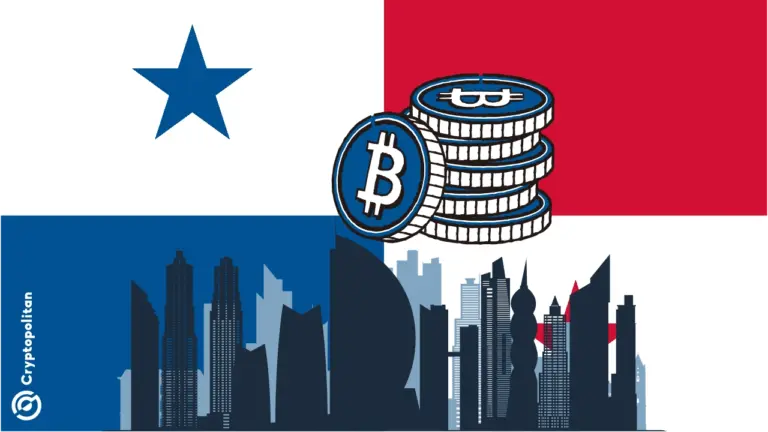Aave mulls Chainlink integration to return MEV fees to users
Aave is mulling integrating a new Chainlink oracle designed to redirect profits from transaction backrunning to the decentralized finance (DeFi) protocol’s users, according to a proposal in Aave’s governance forum.
On Dec. 23, decentralized oracle provider Chainlink released Smart Value Recapture (SVR), an oracle service specializing in capturing profits from maximum extractable value (MEV) to benefit DeFi protocols.
The same day, Aave proposed integrating SVR “to recapture MEV from Aave liquidations and return it to the Aave ecosystem.”
Blockbuilders profit from MEV by reordering transactions before posting finished blocks to the public blockchain ledger. This sometimes, but not always, comes at users’ expense.
Source: Aave
Aave’s MEV problem
Aave lets users borrow cryptocurrency by depositing other crypto assets as collateral. The collateral is forfeited or “liquidated” if it declines too much in value.
“Whenever a position needs to be liquidated, [a third-party] liquidator repays some amount of debt and receives the equivalent value in collateral, plus a percentage on top denominated liquidation bonus,” according to the proposal.
This has been an “elegant solution,” but “lately a ‘problem’ has appeared that deserves some type of optimization: MEV,” the proposal says.
The liquidation bonus creates “a very clear opportunity for MEV” and results in a “pretty significant profit for an entity that doesn’t do the majority of the job: the builder.”
Meanwhile, “the protocol users receive way less in proportion,” the proposal says.
According to Aave, Chainlink’s SVR is a service that sells, via an MEV-Share auction, “the right to back-run” Chainlink’s price-feed oracle and profit from liquidations.
Aave estimates SVR can capture approximately 40% of MEV profits, which could be redirected to Aave DAO to benefit users.
Protecting against MEV
Users and protocols across the Ethereum network are scrambling to avoid the costs of harmful MEVs.
Private transactions now dominate Ethereum’s order flow as users seek to protect trades, according to an August report from Blocknative.
Private orders involve sending transactions directly to a validator, in an arrangement known as a “dark pool,” instead of into the public queue.
“Users typically choose to transmit transactions privately for MEV protection,” according to Blocknative.
Magazine: Rise of MicroStrategy clones, Asia dominates crypto adoption: Asia Express 2024 review
Disclaimer: The content of this article solely reflects the author's opinion and does not represent the platform in any capacity. This article is not intended to serve as a reference for making investment decisions.
You may also like
Bitcoin Sets Higher Lows—Can Bulls Target $88K Resistance?

Solana Faces 50% Drop Risk as $125–$137 Range Holds the Key Amid Market Volatility

Panama City Council makes history as the first government institution accepting crypto payments
Share link:In this post: Panama City council voted in favor of becoming the first public institution of government to accept payments in cryptocurrencies. Citizens will now be able to pay taxes, fees, tickets and permits entirely in crypto starting with BTC, ETH, USDC, and USDT. The city partnered with a bank that will receive crypto payments and convert them on the spot to U.S. dollars, allowing for the free flow of crypto in the entire economy.

EnclaveX launch brings fully encrypted, cross-chain futures trading to retail investors
